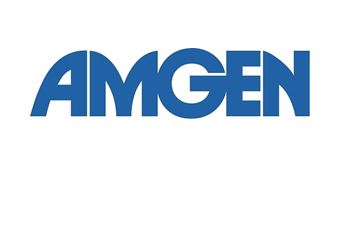Amgen to test psoriasis pill Otezla in COVID-19

Amgen has announced it is developing its already marketed psoriasis drug Otezla as a potential treatment for COVID-19, the respiratory disease caused by the SARS-CoV-2 coronavirus.
Otezla is an oral drug that works by suppressing the immune system and the company hopes it could prevent the over-reaction that can prove fatal in patients with severe disease.
Because it is taken orally it would also be more convenient to administer than the injected drugs that are being tested as a potential way to reduce the harmful inflammation seen in the worst cases.
Amgen acquired Otezla from Celgene last year, which was required to sell off the drug by competition regulators before its merger with Bristol-Myers Squibb.
Clinical trials in COVID-19 are expected to begin in the coming weeks, the company said, adding it is working with Adaptive Biotechnologies to identify antibodies targeting the novel coronavirus that may be developed into a drug to potentially prevent or treat COVID-19.
Otezla acts as a selective inhibitor for the enzyme known as PDE4, which inhibits spontaneous production of TNF-alpha from rheumatoid synovial cells.
In inflammatory cells PDE4 is the dominant enzyme that is responsible for the reaction.
Roche’s infused IL-6 drug Actemra (tocilizumab) is also being tested as a way of reducing the severe immune reaction seen in severe COVID-19.
A top-line readout from a small investigator-led French study published at the end of April showed Actemra significantly lowered the proportion of patients who die or required medication compared to a standard care arm.
However the company has cautioned that a more definitive answer will come from its own study that is due to report in the coming weeks.
Amgen reported an adjusted profit of $4.17 per share, up 17% from a year earlier, which Reuters said was well above analysts’ average expectations of $3.76, according to Refinitiv IBES.
Revenue of $6.16 billion in the quarter topped Wall Street estimates of just under $6 billion.
Net profit fell 3% to $3.07 per share due to higher operating costs that were partially offset by fewer shares outstanding.












